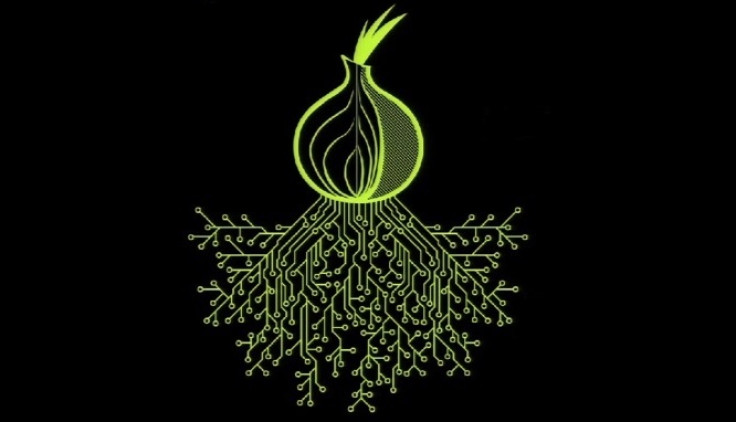Tor Project to use US public libraries to boost network speed

Public libraries in the US are to help support the anonymous web browser Tor as part of a new initiative. Through a collaboration between the Tor Project and the Library Freedom Project, libraries will host Tor exit relays in order to improve Tor browsing speeds and overcome scalability issues of the network.
A pilot programme has already taken place at Kilton Library in Lebanon, New Hampshire, while members of the Tor Project will be meeting with library directors and boards of trustees in order to add more libraries.
"This is an idea whose time has come," a blogpost on the Tor Project website reads. "Libraries are our most democratic public spaces, protecting our intellectual freedom, privacy, and unfettered access to information, and Tor Project creates software that allows all people to have these rights on the internet.
"We're excited to combine our efforts to help libraries protect internet freedom, strengthen the Tor network, and educate the public about how Tor can help protect their right to digital free expression."
What is the dark web?
The dark web is a section of the internet that requires specialist software tools to access, such as the Tor browser. Originally designed to protect privacy, it is also associated with illicit activities.
It is often confused with the deep web, which is a vast section of the open internet not indexed by search engines such as Google. The deep web comprises around 95% of the internet.
Exit relays are necessary to improve the speed and efficiency of the Tor network but the volunteer-based nature of the Tor Project means third parties are often relied upon to provide the hardware.
Earlier this year the Tor Project was given a helping hand by Mozilla when the internet giant provided spare and decommissioned hardware for Tor network use. The launch of 12 network relays allowed for maintenance to be carried out on the network without losing more than 50% of traffic capacity.
The Tor Project has grown both in popularity and notoriety in recent years, following the takedown of drugs marketplaces like Silk Road and revelations from NSA whistleblower Edward Snowden.
Andrew Lewman, former executive director of the Tor Project, revealed last year that the network has an average of 2.5 million users at any one time, while the software has been downloaded more than 150 million times.
The increase in user numbers is an issue for the network, as it is not designed to carry heavy loads of traffic. Lewman said at the time: "If tomorrow Taylor Swift said 'to all my hundreds of millions of fans, go to this [Tor] address', it would not work well."
In order to be able to grow significantly, Lewman believes that a major company like Facebook or Google needs to take it over. If not, users may be put off by sluggish speeds and move over to more efficient networks currently in development.
One potential rival is HORNET (High-speed Onion Routing at the Network Layer). Created by researchers from Zurich and London, HORNET claims to be able to offer "internet-scale anonymity" by processing traffic at speeds of more than 93 Gb/s, however the research paper describing the technology is yet to be peer reviewed.
UPDATE (31.7.15): A spokesperson for the Tor Project contacted IBTimes UK to express Tor's updated position on Lewman's Taylor Swift comments:
"We welcome Taylor Swift levels of Tor users--the more users we have from different backgrounds, the safer all of our users are," the spokesperson said. "Taylor, we respectfully challenge you to tweet people and ask them to download the Tor browser from our web site so that they can stay safe from spying online. The United Nations said that Tor must be "protected and promoted" in a recent report on freedom of expression."
© Copyright IBTimes 2024. All rights reserved.






